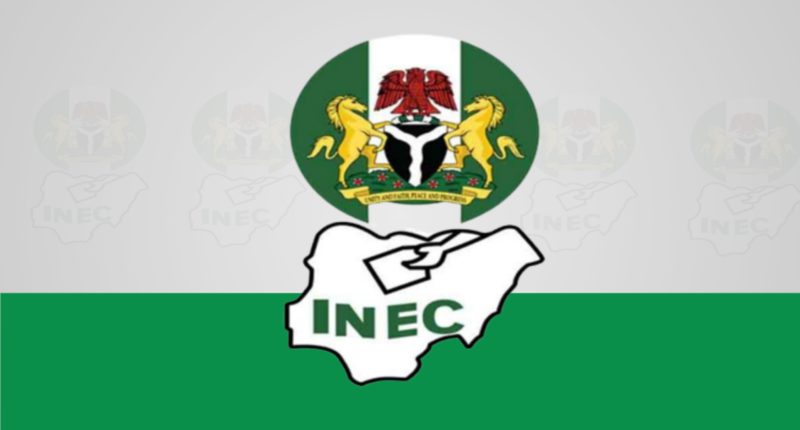A few days back, the Independent National Electoral Commission (INEC) announced the ban of political campaigns in religious places of worship, such as churches and mosques. The electoral body also prohibited the use of abusive language and hate speech as well as authorized individuals carrying weapons at campaign venues, amongst many other directives.
Why it matters
According to INEC, the purpose of political rallies was to project, sensitize and create awareness about their respective political parties; its symbols, flag, candidates, slogan, and manifestos.
The big picture
Most of the leading candidates except the presidential candidates of the All-Progressive Congress, Bola Tinubu, and his running mate, Kashim Shettima, have a pairing of candidacy across ethnic groups and religious beliefs. The APC duo would be seeking alternative campaign tactics to reach Christain societies across the country without visiting their place of worship.
What you should know
Nigeria is less than 100 days away from hosting its federal elections (that is Presidential, Senatorial and House of Representatives elections) on the 25th of February 2023. State elections would then follow two weeks afterward on 11 March 2023.
For the 2023 presidential elections of February 25th, there are at least three leading presidential candidates, namely Peter Obi of the Labour Party, Alhaji Atiku Abubakar of the People’s Democratic Party (PDP) and Bola Ahmed Tinubu of the All-Progressive Congress (APC). These big guns are setting aside their past collaboration to win the ultimate national seat.

